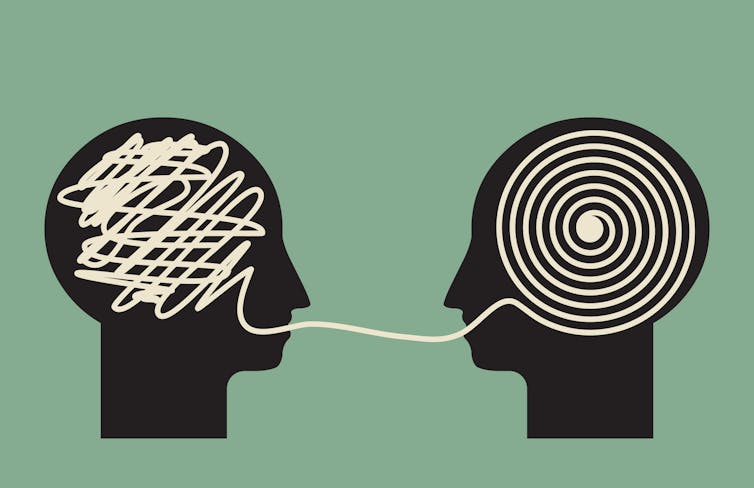Last year I resolved to read #100papers (a more modest version of Jen Nycz's #365papers) and I didn't. A combination of just not being disciplined about reading enough so work got in the way (the whole point was to make time to read because it often gets pushed out for other stuff) and not keeping records when I did read things because I was reading them for a specific reason when I was writing an article or whatever.
I also had a couple of others that I didn't do much about, and some that I did: I swam in the sea, which was rolled over from 2016, and I *just* kept a resolution that I made some years ago to go abroad at least once a year by going to Belgium just before Xmas.
This year, I'll have a mixture of work ones (submitting a proposal I'm working on, for instance) and personal ones (e.g. learn to enjoy cheese). Here are a few academic resolutions that I think are worth considering if you're an academic too and you don't already do them.
- Read regularly. Maybe 365 papers is way too ambitious. Maybe even 50 papers is. But if you only find time to read when you need to find something out, try to fit in a bit of keeping-up-to-date time during each week.
- Create permanent links that won't die using a service like webarchive (I got this off twitter the other day but can't find the tweeter to link to their advice. But it was basically that)
- Cite your own data properly and link back to the original. Make your work reproducible, accountable, checkable.
- If you publish in a journal that allows you to include a load of meta-information about methods etc (CUP can do this, for instance), do so.
- Practice inclusive teaching. Disparities in society exist, and yes they are created before our students come to university, but they worsen while they're with us and it is your problem and your responsibility to try to fix it. It is up to you personally to do something about it. Don't say that it's spoonfeeding or that students will have to get used to inequality in the real world. Those things may well be true but they're spoken from a position of power. Why not try and make things a little bit less horrible?
- Be a role model. Find students who might benefit from a bit of guidance and offer it without them asking. Suggest opportunities to people who might not think they're good enough. Be an academic 'life coach'. Model good academic behaviour. Show your PhD students how to have a good work/life balance.
- Respect professional services staff. They're humans. They work hard, they're not stupid, and they don't work for you. They also aren't creating bureaucracy just for the sake of it, I promise.
- Be a genuinely good citizen. Don't just make a token effort. Don't just do the minimum possible so you can tick the box on your promotion application. If you do, you're pulling up the ladder behind you for someone else who has to take the jobs that you won't. Remember that it's not as easy for other people to say no as it might be for you. They may be on probation and feel under pressure, or they may have to work twice as hard because they're female/black/disabled (and don't say that's not true or that it's their own choice - it is true, for an awful lot of people). If someone asks for a favour, say yes now and again, so that the same few people don't always end up doing it. (If you're the person who always says yes, say no now and again so that someone else has to do it.) But see below if you're not full-time.
- Take time off. Don't make yourself ill working. If you're getting ill then talk to someone, because your job is not right. See if you can scale something back or if you're doing something too thoroughly. If you're in precarious employment and have no choice but to work all the hours for no money, talk to your union and see if they can help - and cut corners, skimp where you can, and say no all the time, to everyone. Saying yes to free labour will not get you a permanent position (sorry).
- Do extra-curricular things that you don't get credit for, but that add value. Go to your students' events to create a bit of departmental goodwill. Organise staff drinks. Be in the office and be sociable now and again. Organise some extra events for undergraduates.
- This turned into a bit of a grump. Enjoy your job. It's a good one, despite efforts to erode the good parts. It really is. Try and remember that and be grateful for all the nice things.










